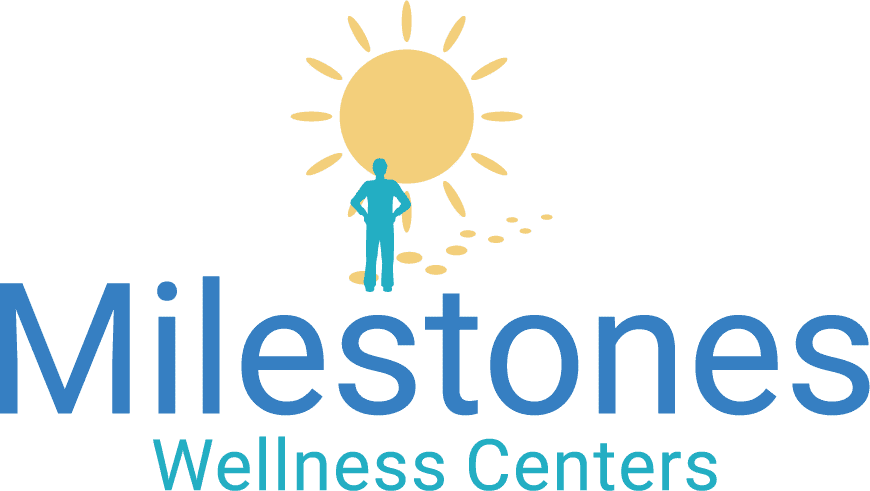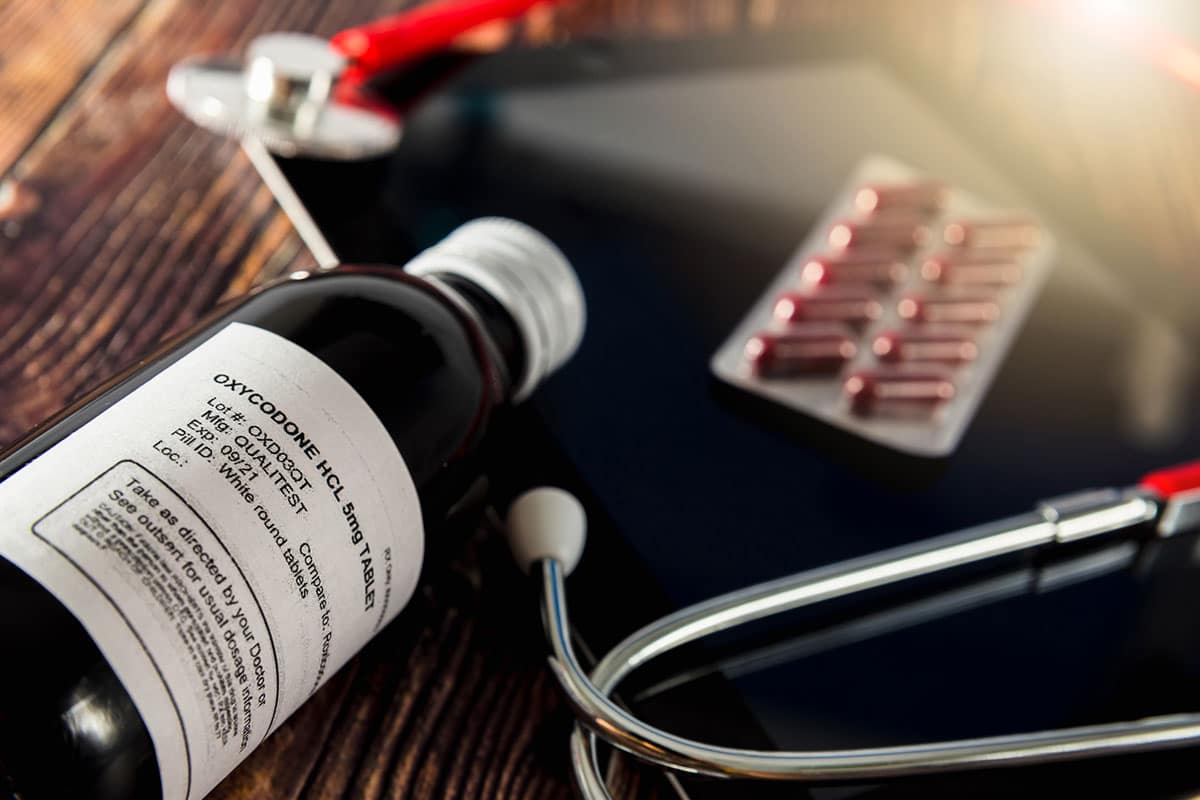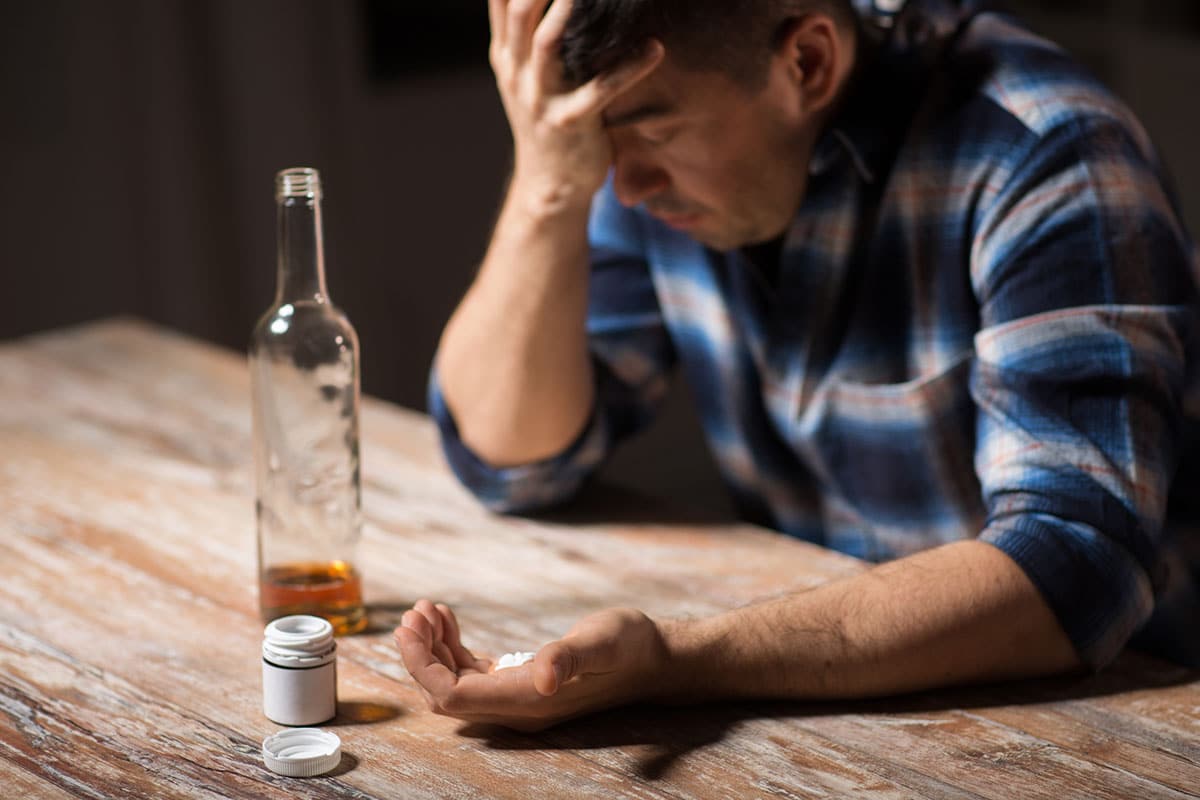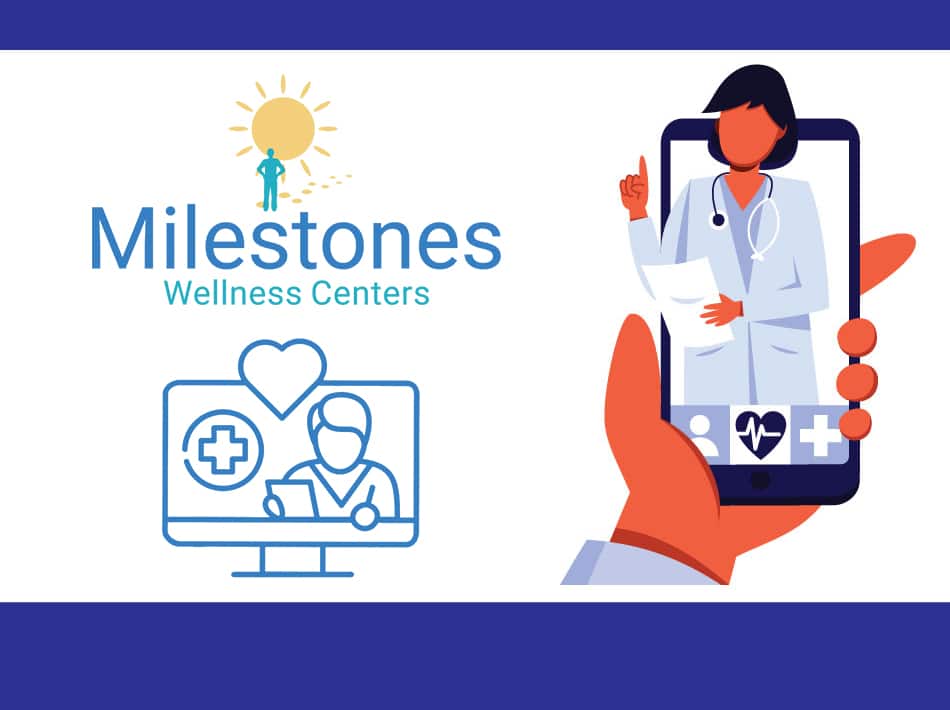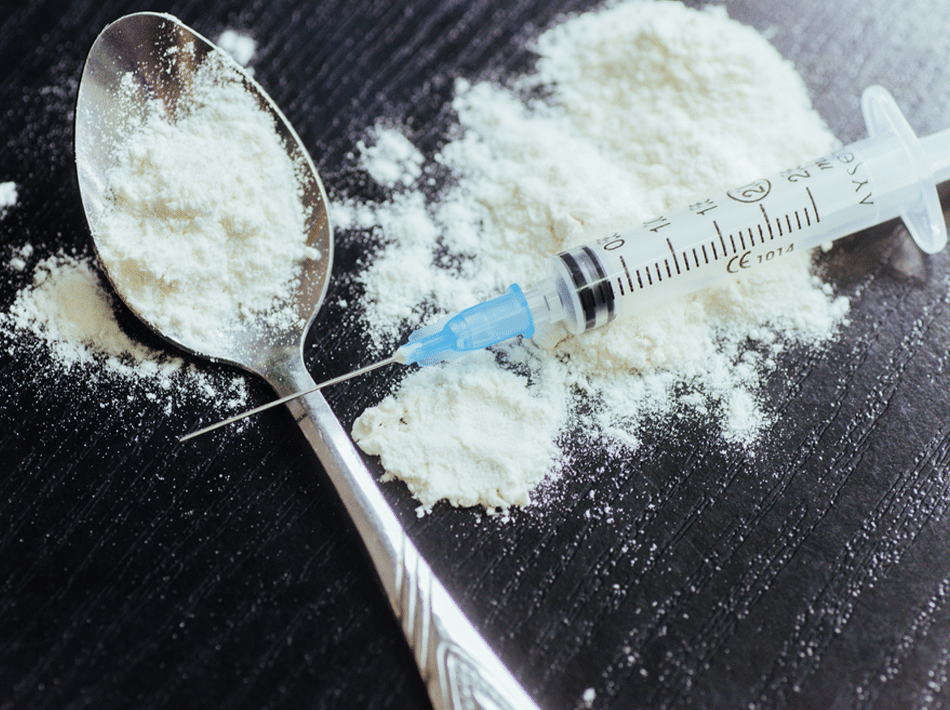Alternative Treatment Approaches: Holistic and Integrative Modalities
Many suffering from Opioid Use Disorder will utilize medical assisted treatment to help them recover from their addiction. However, some individuals may prefer to go a holistic route. And a third option is a mixture of the two which often produces the best results and success in recovery. What is holistic health? Holistic health is an approach to wellness that does not involve the use of medications and will focus on addressing the social, emotional, mental, physical, and spiritual components of health. Also, many approaches to treatment may be an integrative modality which means it will combine treatment approaches such as that of holistic treatment and conventional medicine, such as that of medical assisted treatments with medications such as Suboxone or another Buprenorphine product.
Holistic treatment for substance use will focus on many areas, all depending on the needs of the individual. Often there is some physical decline during periods of active addiction. Focusing on physical fitness is one holistic approach to treatment. With this approach a person will work on exercise, nutrition, sleep, and overall integrating more healthy behaviors into their daily routine. As we become healthier, we will feel better both physically and mentally. Another area of holistic treatment is working on emotional health. Here a person will work on creating an emotional balance in their life. Working on emotional health also includes learning healthy coping skills, often those suffering from addiction have used the drugs as a means of coping, therefore learning health coping skills is a crucial factor. Learning how to process feelings is another important area of emotional health.
Social development can also be a focus of holistic treatment for substance abuse. This again will be individualized for each person. Some who have long periods of substance abuse may not have social networks which include sober individuals. Learning how to create sober social networks is very important for treatment as social support is needed in recovery. Some may suffer from social isolation, which can be worked on in this holistic treatment. It is also important to build safe relationships which are free from both physical and emotional abuse or distress. Spirituality is another area for holistic treatment. This again varies depending on the individual and what spirituality is to them. This is not about religion precisely but helping the person find their purpose or meaning in life. Spiritual holistic treatment will help a person connect with their self and find appreciation in life.
The Role of 12-Step Programs in Opioid Addiction Recovery
Many know of the 12-step programs for recovery from both substance abuse and alcoholism. The most common names of these programs are Alcoholics Anonymous (A.A.) and Narcotics Anonymous (N.A.). These programs have helped many on their road to sobriety and abstinence and continue strongly to this day. The first 12-step program was started in 1935-1939 with A.A. and N.A. starting in 1953. These programs provide support for those suffering from addiction and can be a crucial part of a person’s social support structure, as mentioned above, which is part of the holistic treatment for substance abuse. The 12 steps are not linear, and people may excel more quickly at later steps than earlier ones. The steps are designed to help a person heal from their addiction by healing themselves as well as rebuilding the relationships in their life that may have been damaged due to the actions during their active addiction. The program focuses on the areas of honesty, faith, surrender, soul searching, integrity, acceptance, humility, willingness, forgiveness, maintenance, making contact, and service. There are vast amounts of literature as well as the official N.A. and A.A. books out there to help guide a person through the 12 steps.
When starting a 12-step program a person will usually establish a home group, which will be their most attended group. However, all groups are open to anyone needing to attend and some individuals may attend many groups per day or week. From a person’s home group is where they will usually get their sponsor, which is a senior member of the group and has been in recovery for at least a year, often with many years of sobriety. This is a person who can assist you in navigating the 12 steps and assist you in the work for the 12 steps. A sponsor also will assist you in being accountable during your recovery and be a sober social support in times of need, as many will have some struggles early on in recovery.
As mentioned earlier some of the topics of the 12 steps are faith based such as surrendering to a higher power. These concepts may not work for everyone, which is completely understandable. The higher power does not have to be God but can be any source of inspiration that give you the drive to stay sober. If these concepts cause you any issues there are other versions of these very popular and successful 12-step programs. There is N.A. Agnostica and Secular N.A., which still work on similar steps, provide great social support, but leave out the religious undertones of the original versions of the 12-step programs. There are also similar versions of Alcoholics Anonymous as well.
The Role of Family and Community Support in the Healing Process
Having family and community support during recovery is greatly beneficial for a variety of reasons. Many people entering into addiction treatment and recovery are not in a great place in their life. Due to what active addiction could have done to a person could leave them without many needed resources in life to assist with making treatment successful. Social support in general is always a good thing in life, regardless of where you are in life, they can provide many benefits. What are some of the benefits of having these supports?
First let’s talk about family support. Your family knew you before your addiction started and usually still know you very well. These people can often provide support that many others cannot, which is that of emotional support. Entering recovery can be a very emotional experience. As a person is working on recovery, they are often also working on processing emotions while being sober as many have learned to use substances as coping mechanisms. As we are discussing family, do understand that does not have to mean biological family. Many people have others in their life that are a more constant part of their life and have been for a very long time that are not biologically related. These “family” members are just as important to add into the support structure.
One area that people leaving active addiction may face is that they have pushed away many that are family due to their actions during their addiction. As this may be true, it is not unreversible. Rebuilding past relationships is a key concept in recovery, even one of the steps in the 12-step programs. Rebuilding such relationships is a greatly rewarding process, just to have those close to us back in our lives, as well as by increasing the amount of support you have in life overall.
Outside of emotional support, your family support may be needed in other areas. At times those entering recovery often will need a higher level of care, such as that of in-patient treatment. It is those close to us that can help with some basic tasks during that time such as assisting with childcare, taking care of pets, checking on your residence, bringing in mail, among other things. Family support can also help with other logistical things that can help in recovery, such as with transportation or bringing additional clothing or needed items to your in-patient treatment facility.
Community support can vary greatly depending on where you live. Many counties will have Drug and Alcohol Commissions or some resource of a similar name. So, what are these? In general, they are a community resource for anyone suffering from substance and/or alcohol addiction. The resources they have can be different pending their funding. Some of the potential resources are assisting you with finding treatment services and even assisting in covering those treatment services for a period. Even if you are already in treatment and having some financial hardships, these commissions may help cover the cost. At times during financial hardships these commissions may assist in covering other needed bills such as utilities for a brief period, as long as you are already in treatment and usually if you have been compliant with the treatment requirements.
Another type of community resource which may be available are called Centers of Excellence (what they are called in the state of Pennsylvania). These programs exist to assist those specifically with Opioid Use Disorder and are run under the Department of Human Services. These Centers can offer a variety of services, such as helping with transportation, either to treatment or to help with some daily activities or making it to a 12-step group. These programs can provide a wealth of other types of support and if you are a person that is in need, such as clothing, food, GED, among many others.
